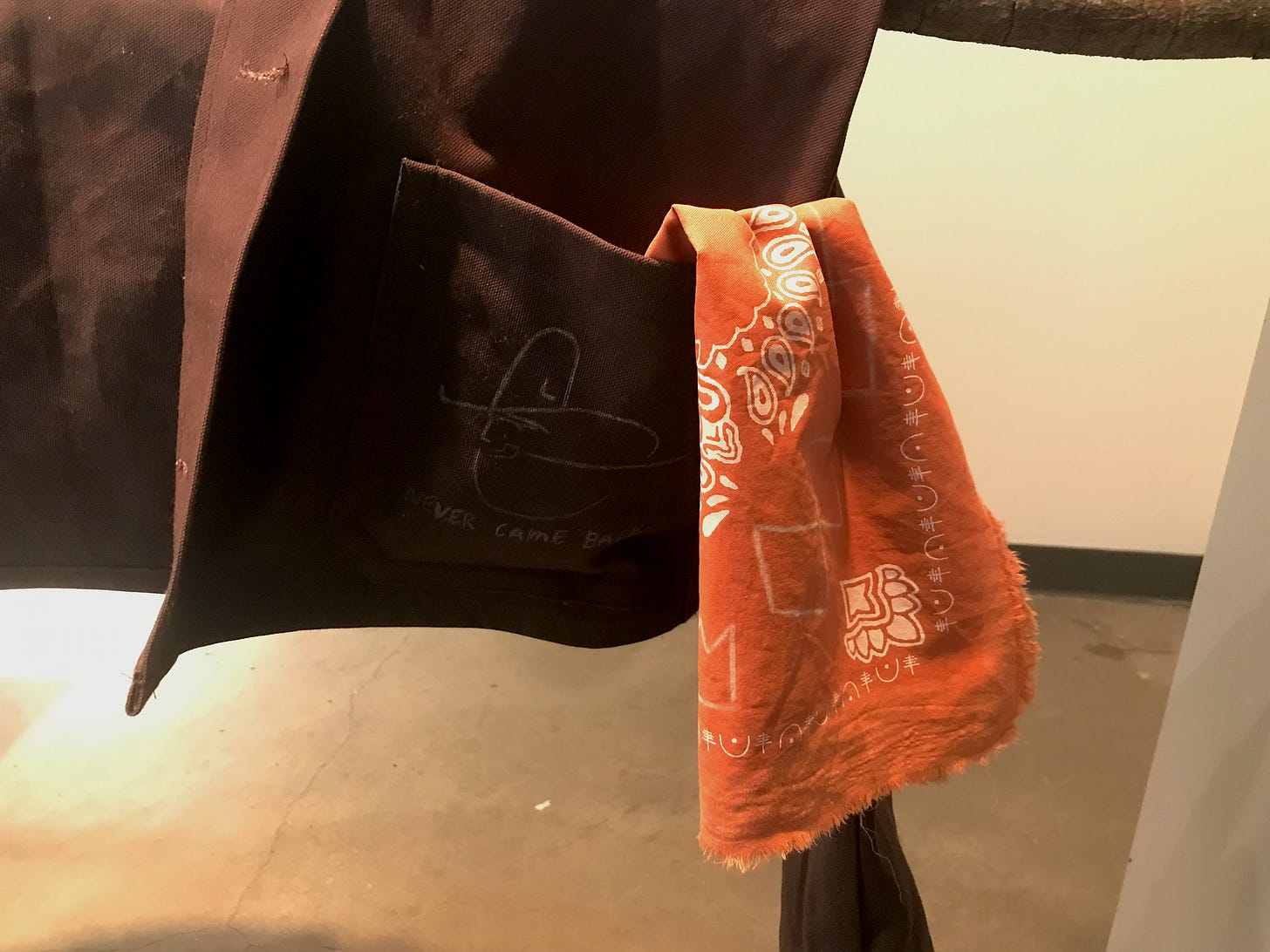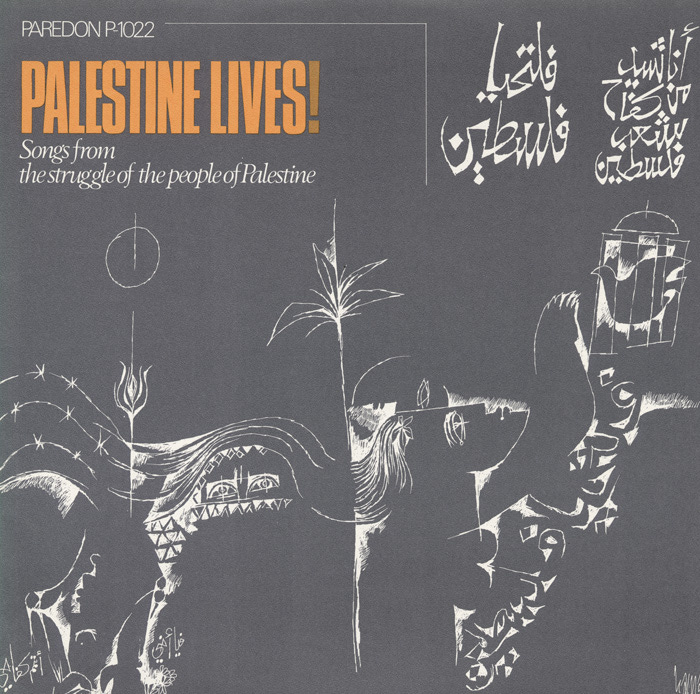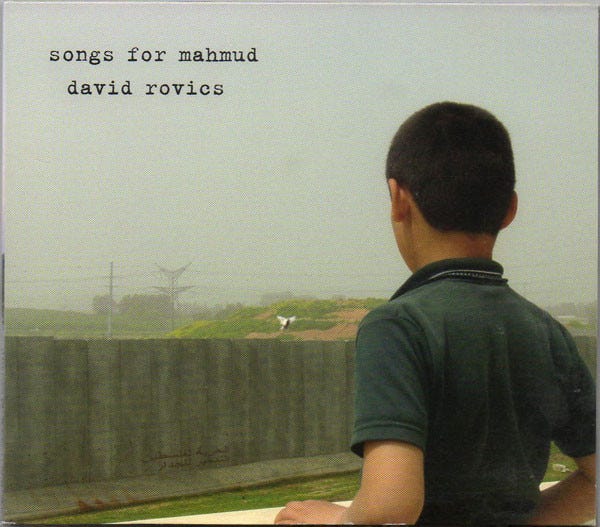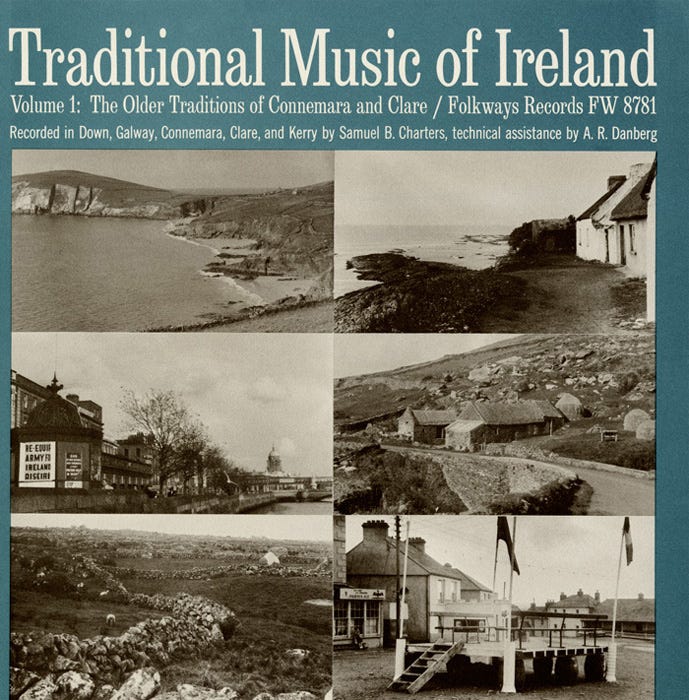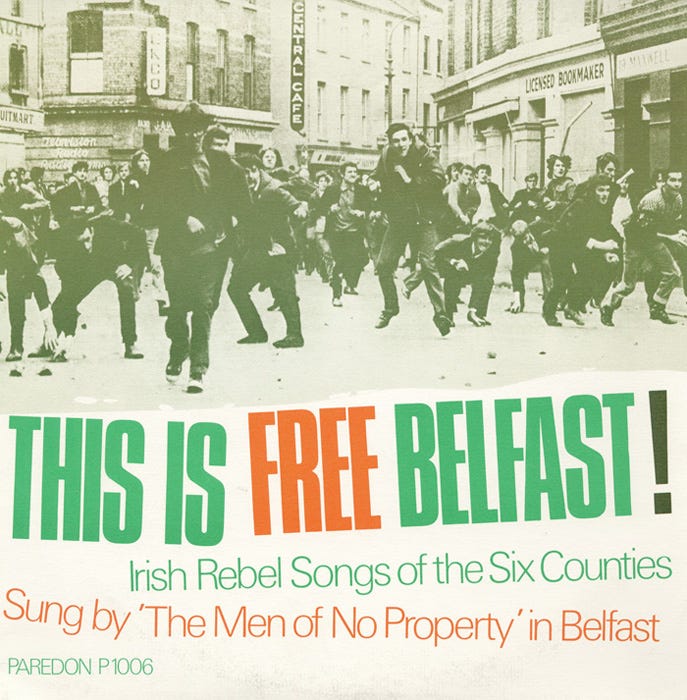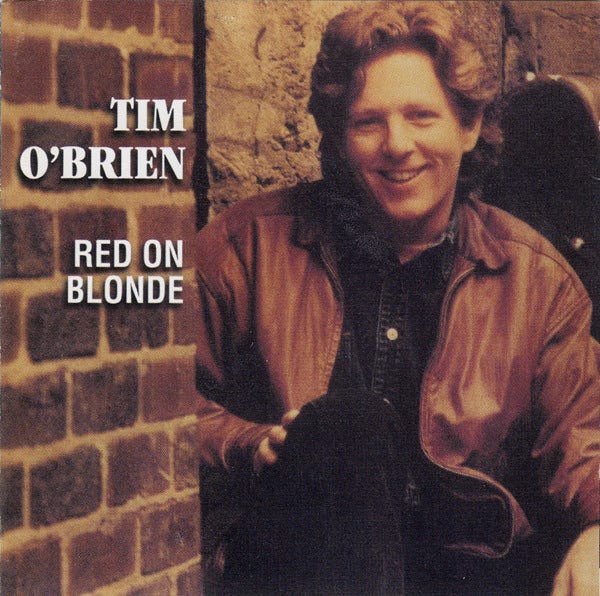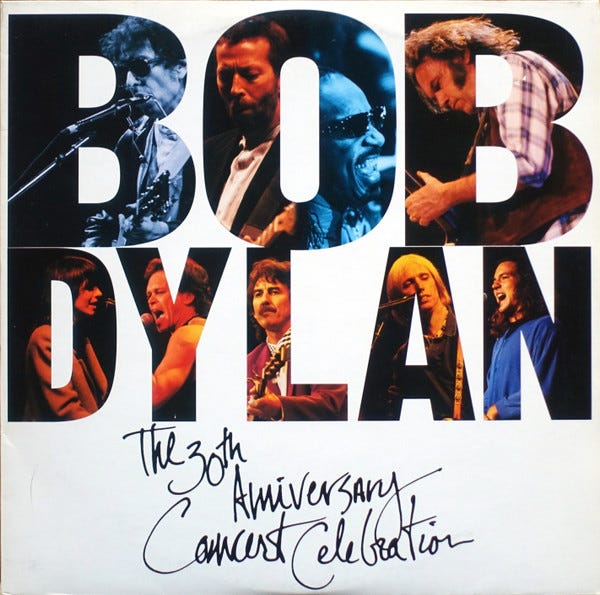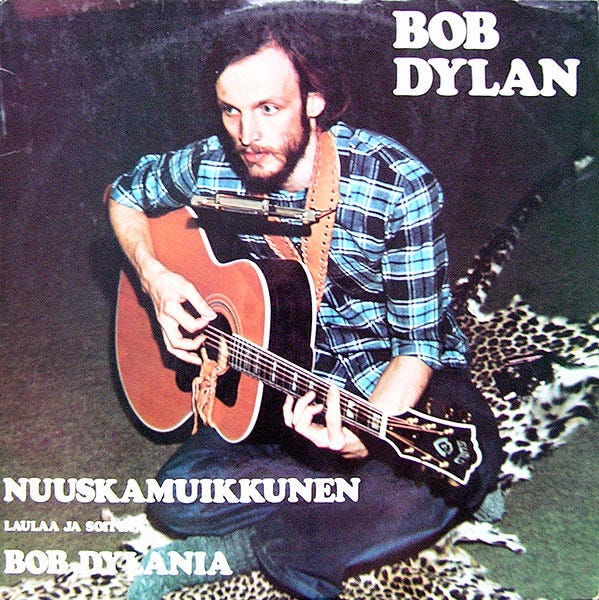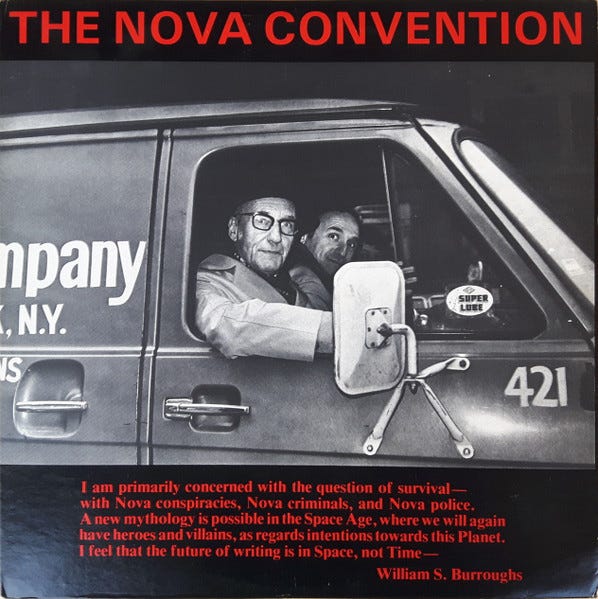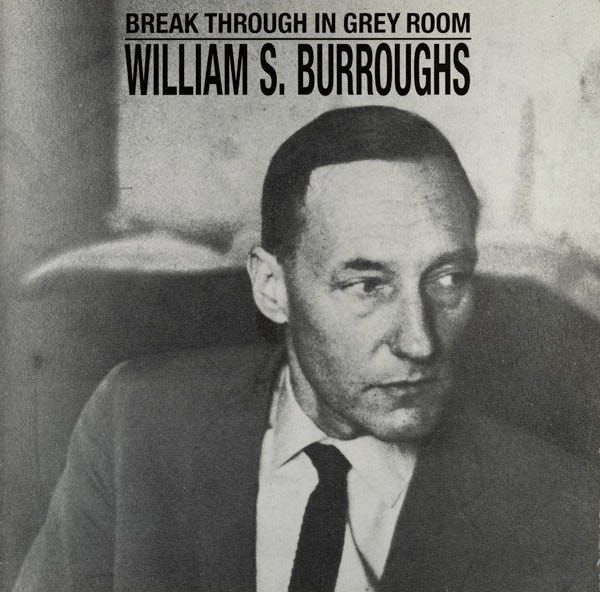March + April Link Roundup
Welcome back! March and April were jam-packed with papers and final projects, so I decided to combine the two link roundups into one this time around. As I mentioned in my last roundup, one of my final projects centred on the concept of the historical hobo. I’m happy to say that the project—shockingly called A Barking Dog—turned out better than I could have imagined. I put a writeup about it on my website, along with more photos of the final installation and my references. You can check it out right here.
If you spend a little more time looking around the site, you may find that a few other things have changed as well. I’ve added an additional six months of shows to the archive going back to November of 2021, and most notably, I now have a page that links all the themed episodes of the show. We’d love to produce more themed shows and we have lots of ideas, so to narrow it down, I’ve added a poll to the bottom of this roundup to help us decide what theme to cover next. Don’t miss it!
Now, onto the links.
Videos
3 Archival Performances
On April 11th, we played Ramblin’ Jack Elliott’s version of “It’s Hard Ain’t It Hard” from 1964. That song is related to this older British ballad, beautifully performed here by the Clancy Brothers and Tommy Makem, who leads the song.
Belton Sutherland was a blues musician from Mississippi who the folklorist Alan Lomax recorded in 1978 while filming for his documentary The Land Where the Blues Began. Here he is playing “Kill the Old Grey Mule” for Lomax—we played Uncle Sinner’s version on April 11th.
We played Donovan in both March and April. This is a compilation of his performances at the 1965 Newport Folk Festival.
1 First-Person Account of a Rail Disaster Memorialized in Song
I was blown away in March when I learned that Sim Webb, the fireman who jumped from Casey Jones’ locomotive just before it crashed in 1900, had recorded audio testimony of the accident. It’s a fascinating document of an event that many are only familiar with through the song that was written about it.
1 Contemporary Performance
On March 21st we played this recording that Abdallah Ag Alhousseyni of the Malian band Tinariwen made in 2018 as part of Bedstock, an online music festival where musicians play music from their beds for sick kids who are stuck in their own beds.
Albums
3 Albums for Palestine
Palestine Lives! was recorded in 1974 following the Six-Day War of 1967, when Israel forcefully seized the whole of Palestine and other Egyptian and Syrian territories. We’ve played tracks from the album several times since October, the last on March 21st.
We play David Rovics pretty regularly these days—he’s a prolific writer of topical songs, and he covers an enormous variety of subjects. Songs for Mahmud from 2004 is all about Palestine’s struggle for freedom.
The Urgent Call of Palestine was originally released in 1972, though it was restored and re-released in March, with all profits donated to Palestinian relief efforts and the effort to create an archive of Palestinian music. Shaath was only sixteen when she recorded it, and it was the first English-language music to bring attention to the Palestinian struggle.
3 Albums of Irish Music
We played Lori Holland’s version of “I Know My Love” on March 14th. It’s off this album, Irish Folk Songs for Women, Vol. 2, which was released on Folkways in 1960.
Traditional Music of Ireland, Vol. 1: The Older Traditions of Connemara and Clare from 1963 is an excellent collection of the traditional recordings of singers, fiddle players, and pipers. You can hear William Clancy’s Uilleann pipe rendition of “The Rocks of Bourne” from this album on our April 25th edition of the show.
This is Free Belfast! Irish Rebel Songs of the Six Counties is one we keep coming back to, and according to the Smithsonian Folkways website, it’s an “aural document of dissent during the period of Northern Ireland’s political and sectarian violence known as The Troubles.” It’s interesting as both a historical album and a collection of songs that remain relevant to those struggling against colonialism.
3 Whole Albums of Bob Dylan Covers
Tim O’Brien is a bluegrass musician known as both a solo artist and as a member of the band Hot Rize. This is a great album of bluegrass Bob Dylan covers, released in 1996. We played his version of “Tombstone Blues” on March 21st.
We played The Clancy Brothers’ version of “When the Ship Comes In” from this album on March 28th. Everyone from Stevie Wonder to Lou Reed to Tracy Chapman performed at the 30th anniversary celebration of Bob Dylan’s career as a recording artist in 1992, so it’s a nice, eclectic compilation of covers.
This is an album of Finnish Bob Dylan covers, released in 1976. We played “Bob Dylanin uni” (“Bob Dylan’s Dream”) on April 4th.
3 Beat Generation Recordings
Holy Soul Jelly Roll is a 1994 anthology of recordings that Ginsberg intended for commercial release that hadn’t previously made their way onto any of his albums. We played his poem “Hum Bom” on March 21st.
The Nova Convention was a three-day event that focused on the work of William S. Burroughs. It took place in New York City in 1978, and involved artists like Frank Zappa, Patti Smith, Phillip Glass, and Timothy Leary. This is a selection of recordings made of the proceedings of the event, released on the poet John Giorno’s label, Giorno Poetry Systems.
Break Through in Grey Room is another Burroughs-centric album of experimental recordings made in Europe during the 1960s and 70s, though the recording we played from it was artist and writer Brion Gysin’s track “Recalling All Active Agents.”
Articles
This is an article about the Wave Hill Walk-Off, a significant event in the movement for Aboriginal land rights in Australia during which about 200 Aboriginal Gurindji stockmen—or cowboys—servants, and their families began a strike in 1966 that lasted for seven years. Kev Carmody and Paul Kelly’s song “From Little Things Big Things Grow” is about the walk-off, and we played it on March 21st.
On April 25, we played David Rovics’ song “The St. Patrick Battalion,” which is about the 200 Irishmen who deserted the US Army during the annexation of Mexico in the 1840s and joined the Mexican Army instead. Here’s an article about the battalion.
Miscellany
Tobar an Dualchais/Kist o Riches is an immense online archive of Scotland’s cultural heritage, including music, stories, and information about local customs and place names. I’ve added it to the folk links page on my website, and I’m planning to explore it more soon to find recordings to play on the show.
That’s just about it for this month, but don’t forget to vote in the poll down below to have your say about our next themed episode! If you have any music or theme suggestions for the show, get in touch in the comments, on my website, or at ckuwbarkingdog@gmail.com. Happy Spring!




